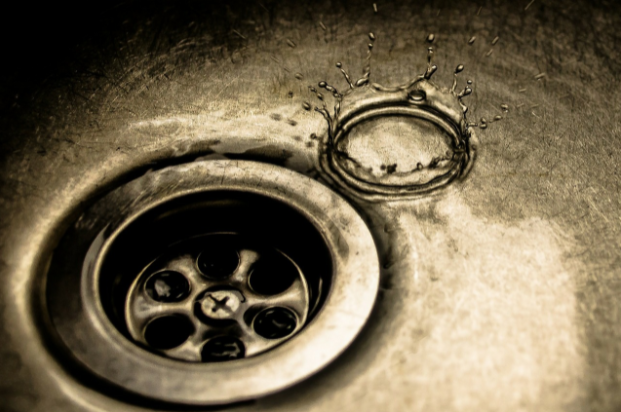Clogged drains are a hassle for any homeowner. Nobody wants to spend their time and energy releasing the toilet or sink in order to restore normal water supplies!

Prevention is always better than cure, and this statement also applies to clogged drains. The following are the most common causes of clogged drains.
Food particles
The drain should never be viewed as an alternative to a trash can or trash can. While some foods in liquid form can be flushed down the drain, solid foods should never be given the same treatment.
Households that consume a lot of rice should use strainers or remove leftovers from plates before washing them. It might not be a problem at first, but you have a clogged drain if you have a habit of throwing food in the sink.
hair
Hair is one of the most common causes of clogged drains, but also the most neglected. Collecting hair in drains is something we cannot control. But we can stop it before it gets to the point where it can physically clog your drains. Make sure you have a drain plug for your bathroom. Check the drain for any built-up hair after each shower and remove it regularly. Don't let it build.
Hygiene products
Sanitary items must not be flushed into the toilet. Their physical structure makes it difficult for them to disintegrate or collapse. These items can range from diapers and napkins to tampons and pads. Some types of toilet paper can be flushed, but not in excessive quantities. It is generally recommended to avoid flushing anyway. Just biodegradable toilet paper can be properly flushed down the drain.
Even if diaper and feminine hygiene products claim to be flushable on the package, this should be avoided. You can lead to massive clogging of your drain in no time if you practice flushing regularly.
Dirt, mud and sand
Sand, mud, and other debris can enter the drain in unexpected ways. This can happen when washing flower pots or other items with traces of dirt. If dirt or sludge gets into the drain, it can build up and clog the drains. You can use tools like a drain snake for Clogging a clogged drain with dirt or sand.
Hair care and skin care products
Many hair care and skin care products contain chemicals that can build up and clog your drainage. Hair products like conditioners and hair masks contain waxes and oils. If present in excess, they can combine with other spots of dirt in the drain to create unnecessary debris. While drain clogs from hair products are less common, skin care products can be a bigger problem. Some skin care products, especially dry peels, can be a problem.
Leaves, roots and branches
Roots and leaves are usually the unexpected causes of blockages. Most of the time, they're not on purpose. If you live in a tree-lined house or have a tree in your yard, your drain is more prone to these types of clogs.
They are usually manifested by gurgling noises, low water pressure, or a sudden drop in the amount of water coming out of your faucets. Pipes with leaks tend to tighten Roots from nearby trees which in turn crawl into the pipes and form blocks.
Oily liquids
Oily liquids and fluids can do more harm than you think. We are all aware of the fact that oil and water do not mix. People throw cooking oils and other greasy liquids in the sink thinking that they will naturally flow down the pipes along with the water. Rather, it prevents the effective flow of water and blocks the pipes. Lumps of fat bind together and clog your drains.
Random objects
Aside from the usual culprits, there can be a number of random objects that may have accidentally ended up in the drain. Some people accidentally drop items in the toilet and flush them instead of recovering them.
This crucial mistake can lead to a clogged drain, and you will end up losing your time and money. If you have children, make sure they don't drop marbles or other small toys in the toilet.
Some clogged drains have simple solutions while others may need professional help. You may be contributing, knowingly or unknowingly, to these causes. Be aware of these different causes and try to prevent them as much as possible. Regularly clean up your drains to prevent buildup.




